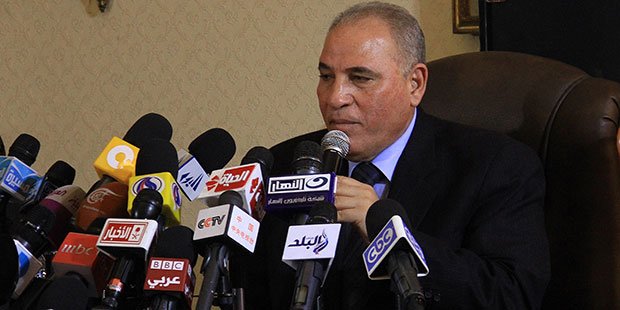Egypt’s Minster of Justice, Ahmed al-Zend, has proposed to change the controversial anti-terrorism law in order to allow the prosecution of parents or guardians of youngsters who join terrorist organizations, privately-owned al-Masry al-Youm reports.
“Whoever leaves their son or anyone under their care without checking what he’s up to or his whereabouts is considered an accomplice in the crime,” the minister said during a visit to Kuwait.
The minister’s visit was aimed at holding bilateral discussions regarding areas of cooperation between Egypt and Kuwait. One area discussed was methods to effectively combat terrorism in the two countries.
The proposed amendments to Egypt’s anti-terrorism law would be followed by similar changes to Kuwaiti laws on terrorism, al-Zend said.
Explaining the rationale behind the new legislation, the Egyptian minister said that putting responsibility on the parents or guardians of young people who join terrorist organizations would give the guardians more control. This would, in turn, make recruitment efforts by terrorist groups more difficult.
Commenting on terrorist groups’ recruitment attempts, al-Zend went on to explain, “We should not tire of pursuing them, as they are the enemies of humanity, development and civilization.”
On his part, Kuwaiti Minister of Justic Yaaqoub Al-Sanei said that Kuwait and Egypt are seeking to strengthen judicial and legal cooperation between the two countries as part of a broader effort to combat terrorism.
Egypt’s anti-terrorism law was approved by President Abdel Fattah al-Sisi in August 2015, when the country had not yet elected a parliament following the overthrow of former Muslim Brotherhood-affiliated president Mohamed Morsi in early July 2013.
The law defines a terrorist group as consisting of “at least three people which aims to commit one or more terrorist crimes, or for which terrorism is one of the means used to achieve its criminal purposes.” It also criminalizes “incitement to commit a terrorist crime” for which the perpetrator will be punished “with the same penalty as though the terrorist crime was carried out.”
The law has been criticized for shielding law enforcement personnel from accountability and impeding journalists from reporting on suspected terrorist attacks that contradict official government statements. Critics have also pointed out that the law has too broad of a definition of terrorist acts, including “harming national unity and social peace.”







Comments (0)